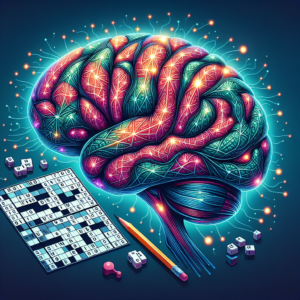
Here’s a breakdown of each concept you mentioned, along with strategies for implementation:
1. Understand Intelligence Types
Differentiate between various types of intelligences as proposed by Howard Gardner’s Multiple Intelligences theory, which includes linguistic, logical-mathematical, spatial, musical, bodily-kinesthetic, interpersonal, intrapersonal, and naturalistic intelligences.
Strategies:
– Self-assessment: Identify your dominant intelligence types using online quizzes.
– Tailored Learning: Choose learning methods that align with your strengths. For example, if you’re musically inclined, incorporate music into your study routine.
2. Cultivate Growth Mindset
A growth mindset is the belief that abilities and intelligence can be developed through effort and learning.
Strategies:
– Embrace challenges and view failures as opportunities for growth.
– Replace negative self-talk with positive affirmations. For example, instead of saying “I can’t do this,” say “I can’t do this yet.”
– Seek feedback and use it to improve your skills.
3. Adopt Daily Learning Habits
Creating consistent learning routines can help reinforce knowledge and skills.
Strategies:
– Dedicate specific time slots each day for learning, even if it’s just 20-30 minutes.
– Use digital resources such as podcasts, e-books, or online courses to learn on the go.
– Set clear learning goals for each session to stay focused.
4. Practice Critical Thinking
Critical thinking involves analyzing facts to form a judgment. It helps in decision-making and problem-solving.
Strategies:
– Engage in debates or discussions to challenge your viewpoints and refine your argumentation skills.
– Utilize the Socratic method by asking questions that stimulate critical thinking in discussions.
– Analyze case studies relevant to your field of interest to assess various perspectives and outcomes.
5. Improve Memory Techniques
Enhancing memory can significantly impact your learning efficiency.
Strategies:
– Use mnemonic devices like acronyms, visualization, and chunking to remember information.
– Practice spaced repetition, where you review information at increasing intervals over time.
– Teach what you’ve learned to someone else; explaining concepts reinforces your understanding.
6. Engage in Curiosity-Driven Activities
Being curious can lead to deeper understanding and passion for learning.
Strategies:
– Explore subjects outside your usual interests. Try reading books or watching documentaries on unfamiliar topics.
– Join clubs or groups that focus on diverse interests to expose yourself to new ideas.
– Set aside time for hobby projects that align with your curiosities.
7. Leverage Technology for Learning
Technology can enhance the learning experience through various tools and resources.
Strategies:
– Use apps like Anki for spaced repetition learning or Evernote for organizing notes and ideas.
– Participate in online courses on platforms like Coursera, Udacity, or Khan Academy to gain new skills.
– Follow educational YouTube channels or podcasts to supplement traditional learning resources.
By implementing these strategies, you can effectively enhance your intelligence and learning capabilities, fostering lifelong learning and personal growth.


